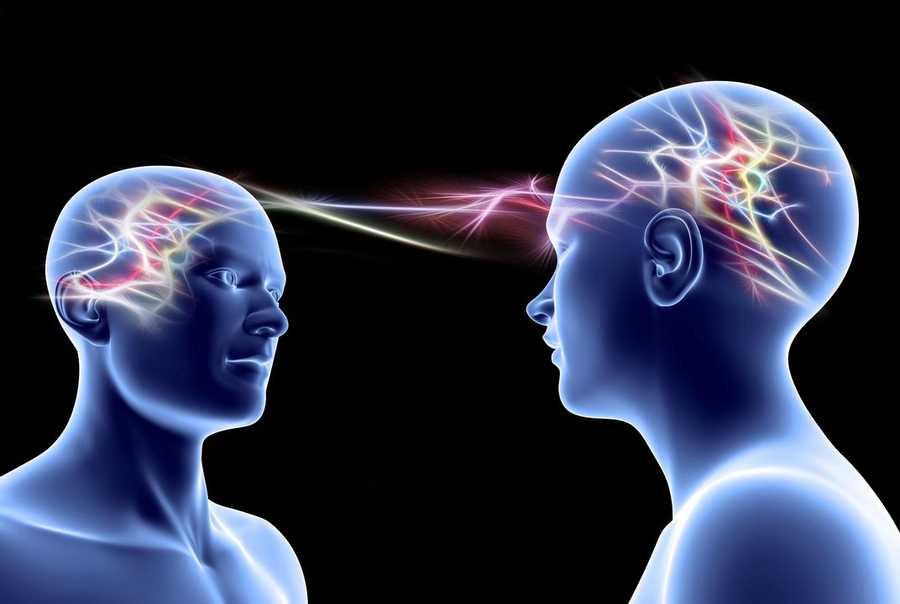How Empathy Works
Our brains are working with shared neural circuits and shared neurons; some mirror neurons so that we actually have an internal experience of what happens to others. So when we hear the expression ‘I feel your pain,’ it’s not just a figure of speech. We are made for this and it happens not just with our loved ones.
Moreover, when we are deprived of empathy, it declines, but the good news is that it can also be learned. In order for us to bring out the best in others, we need to have their specialness reflected back in the eyes of others so they can see it themselves.
50
376 reads
CURATED FROM
IDEAS CURATED BY
For every question, there is an answer. For every problem, there is a solution. For everything else, there is an explanation.
Here is what I've learned from Helen Reiss, M.D. about the power of empathy.
“
The idea is part of this collection:
Learn more about psychology with this collection
How to create customer-centric strategies
The importance of empathy in customer success
The impact of customer success on business growth
Related collections
Similar ideas to How Empathy Works
Emotional Contagion
This is what researchers call when we mimic the expressions and the emotions of the people around us.
The phrase "misery loves company" is a widely-used term and it seems that there is truth behind the phrase. Emotional contagion happens because of the mirror neuron ...
Myth: Mirror neurons are special cells that create empathy
Decades ago, scientists noticed neurons increase their activity when an individual is taking a particular action, for example, waving when others are waving. They named them "mirror neurons."
But, your brain is really predicting your next action based on what you see, hear, and feel if you...
How binaural beats work
You can hear these beats best with a pair of good headphones. When each ear picks up a slightly different pitch, the brain tries to compensate and finds a frequency somewhere in the middle. This supposedly causes both hemispheres of the brain to harmonize their brainwaves...
Read & Learn
20x Faster
without
deepstash
with
deepstash
with
deepstash
Personalized microlearning
—
100+ Learning Journeys
—
Access to 200,000+ ideas
—
Access to the mobile app
—
Unlimited idea saving
—
—
Unlimited history
—
—
Unlimited listening to ideas
—
—
Downloading & offline access
—
—
Supercharge your mind with one idea per day
Enter your email and spend 1 minute every day to learn something new.
I agree to receive email updates

